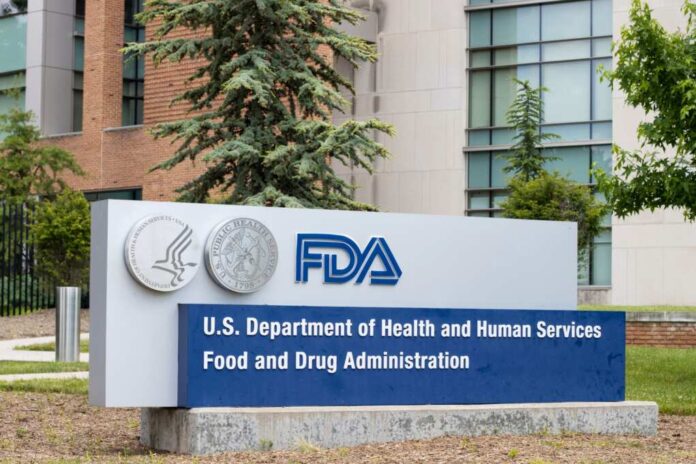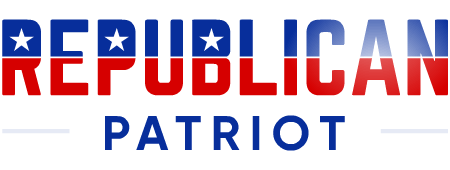
Trust in U.S. health agencies is at an all-time low, largely due to financial conflicts of interest, raising the question: Can public faith ever be restored?
At a Glance
- FDA’s funding from pharmaceutical companies raises ethical concerns
- Former FDA and CDC leaders have faced scrutiny over industry ties
- Pharmaceutical influence compromises academic research objectivity
- Gallup poll shows only 33% of Americans trust the health system
- Community health programs aim to rebuild public confidence
Financial Ties Undermine Regulatory Integrity
The erosion of trust in U.S. health agencies stems largely from persistent financial entanglements. At the center of the controversy is the Prescription Drug User Fee Act (PDUFA), enacted in 1992, which allows the FDA to collect fees from drug manufacturers to fund the drug approval process. Critics argue this creates an inherent conflict by making the agency financially dependent on the companies it regulates.
Further eroding trust are the industry ties of former FDA commissioners. Dr. Scott Gottlieb, for example, sat on multiple pharmaceutical boards prior to his appointment. Dr. Margaret Hamburg was similarly found to have investments in drug companies during her tenure—both examples sparking concern over potential bias in regulatory leadership.
The CDC has not been immune to scrutiny. Dr. Brenda Fitzgerald resigned after it was revealed she had purchased stock in tobacco companies, a stunning contradiction to the agency’s public health mandate. Dr. Tom Frieden, another former CDC director, also faced conflict-of-interest allegations tied to flu medication promotions during his tenure.
Big Pharma’s Grip on Research
Pharmaceutical influence runs deeper still—into the foundations of medical research itself. Many top journals now publish studies funded directly by the companies producing the drugs under evaluation. This raises critical concerns about whether scientific publishing has become an extension of corporate marketing.
“Many of us consult with the pharmaceutical industry, which I think is a very good thing,” said Dr. Robert Califf, a former FDA chief and current industry consultant. For a public already wary of backroom deals, such statements may only affirm fears of industry capture.
The consequences of this mistrust are measurable. A 2023 Gallup poll revealed that only 33% of Americans expressed strong confidence in the U.S. healthcare system—a sharp decline from past decades when trust underpinned public compliance and innovation.
Community-Based Trust Rebuilding
Amid the skepticism, community-led health initiatives are emerging as a promising counterbalance. MedStar Health, for instance, has launched several programs focused on social determinants of health (SDOH), including its D.C. Safe Babies Safe Moms Program and the Community Violence Intervention Program. These initiatives emphasize partnerships with local organizations and patient-centered decision-making.
In one revealing moment, a community member attending a health workshop reportedly said, “I never met a scientist before”—a comment that reflects both a disconnect and an opportunity.
Efforts like these are designed to reintroduce transparency and relationship-based care into a system long dominated by opaque institutional players. While they won’t eliminate financial conflicts at the federal level, they offer a path forward: one built not on industry funding, but on lived experience and local engagement.




















